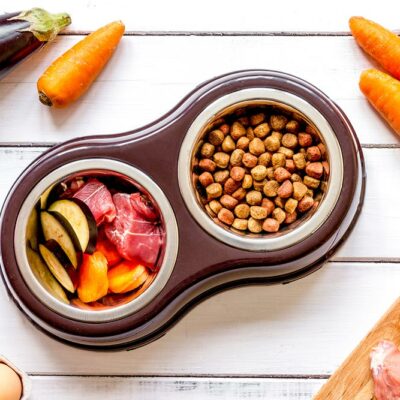
9 Eating Tips to Prevent Migraines
A migraine is a headache that usually causes severe throbbing pain or a pulsating sensation, usually on one side of the head. Nausea, vomiting, and extreme sensitivity to light and sound often accompany this condition. Several factors may induce a migraine attack, of which the common ones include stress, cold weather, sleep deprivation, and a drop in estrogen levels (pre-menstruation) among women. Fortunately, changes in eating habits can help prevent migraine attacks. Some of them are:
Eating tips to prevent migraine attacks
1. Stay hydrated
Proper hydration is crucial for a healthy body, while dehydration triggers migraines. Studies have shown that dehydration can trigger headaches, which can lead to severe migraines in some cases. Consuming adequate water throughout the day is highly recommended to prevent dehydration and the resulting migraines. Drinking enough water can keep one hydrated and reduce the risk of migraines.
2. Cut down caffeine
Some individuals may experience relief from headaches after consuming caffeine, but excessive consumption can have the opposite effect. Therefore, one must keep caffeine intake at a moderate level.
3. Avoid trigger foods
Processed meats, aged cheeses, and artificial sweeteners have been known to aggravate migraine attacks in some. Thus, one should identify these trigger foods and avoid consuming them as much as possible.
4. Take Magnesium-rich foods
Studies have shown that magnesium can have a preventive effect on migraines. Therefore, if one is prone to migraine attacks, one must include magnesium-rich foods such as spinach, bananas, almonds, and avocados.
5. Consume Omega-3 fatty acids
Salmon, mackerel, walnuts, and flaxseeds are tasty and rich in omega-3 fatty acids. One should consume them regularly to temper down inflammation associated with migraines.
6. Include foods with riboflavin/vitamin B2
Various studies have demonstrated that riboflavin or vitamin B2 supplementation can arrest the frequency of migraine attacks. Dairy products, lean meats, eggs, and leafy greens are rich sources of riboflavin and should be made part of one’s meal.
7. Plan meals in advance
Adhere to particular timings for eating and avoid skipping meals. Blood sugar levels usually decline when one does not eat meals on time, and this can cause migraine attacks.
8. Lower sodium intake
High sodium (salt) levels in the body can cause dehydration in some individuals, causing migraine headaches. One should choose fresh foods over processed ones to lower sodium intake.
9. Maintain a food diary
One must record the foods consumed to understand which food is causing the migraine attacks. Maintaining a regular diary can help one pinpoint specific migraine-triggering foods.
Conclusion
Migraine attacks can last from a few hours up to several days, with the pain being so exacerbating that it gets difficult even to perform mundane daily activities. Some individuals get forewarned of an imminent migraine attack through visual disturbances. Also called aura, they see flashes of light or blind spots or a tingling sensation on one side of the face, arm, or leg. They even have difficulty speaking.
Prescriptions can help prevent some migraines or mitigate the pain. Along with this, one must make a conscious effort to achieve lifestyle changes. These eating tips may help some individuals thwart migraine attacks, but consulting a healthcare professional for advice and treatment options must not be overlooked.


